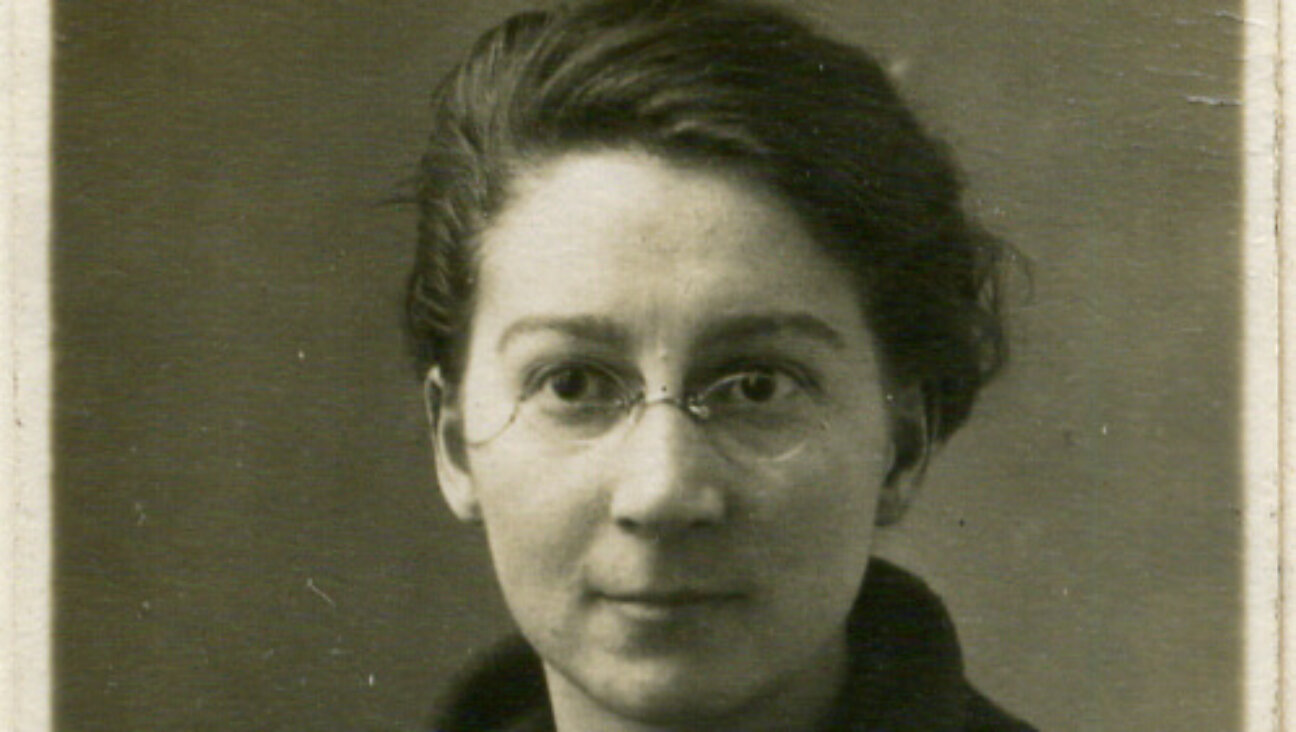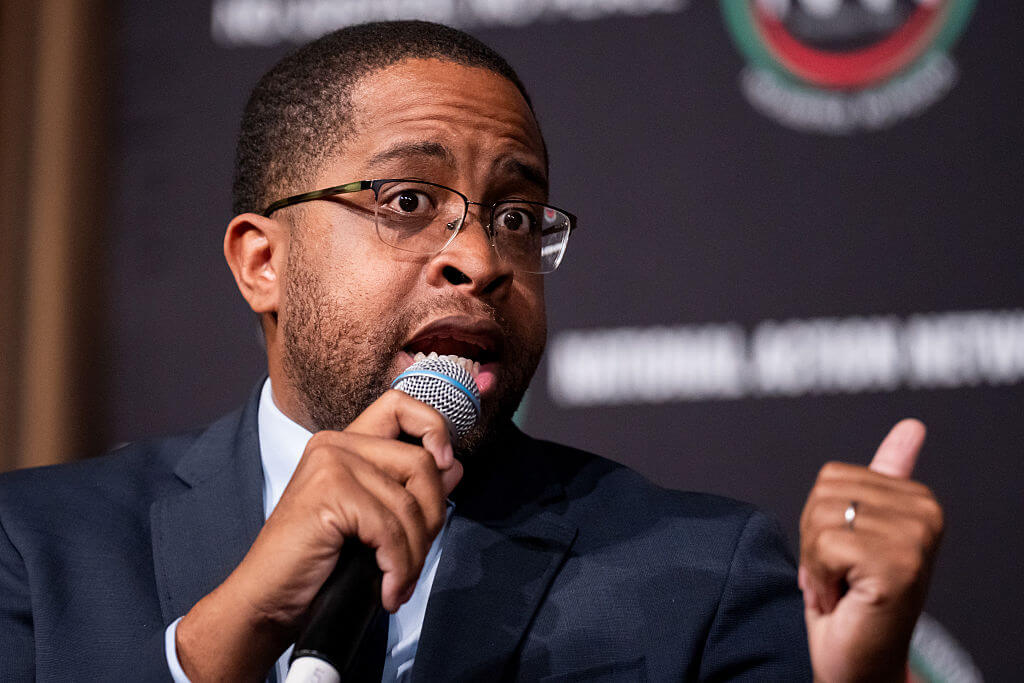Middlebury To Launch New School Of Hebrew
Visit Middlebury College’s language schools this summer, and you can cheer at a Portuguese soccer game, observe a Chinese cooking class or watch Russian television. Visit next summer, however, and you will be able to order falafel in Hebrew and dance to Israeli folksongs.
Middlebury College and Brandeis University have teamed up to create the Brandeis University-Middlebury School of Hebrew, a language-immersion program scheduled to open in the summer of 2008. The curriculum will focus on modern Hebrew and Israeli culture, although courses in biblical and classical Hebrew will be available to students who are already proficient in modern Hebrew.
With a renowned School of Arabic in existence since 1982, Middlebury sees the School of Hebrew — its 10th summer language school — as the next step in rounding out its Middle Eastern language offerings. “Just as it would be academically questionable to offer a Latin American Studies program by teaching Spanish and not Portuguese,” Middlebury College president Ronald D. Leibowitz announced in a statement, “so would it be academically questionable to offer a Middle East Studies program by teaching Arabic and not Hebrew.”
Middlebury offers biblical studies courses year round, but modern Hebrew is offered only occasionally, during the regular academic term. Brandeis, however, is known for its courses in Hebrew and in related subjects, and Brandeis professor Vardit Ringvald, who co-authored the standard college Hebrew textbook “Brandeis Modern Hebrew,” will be the director of the new program. Ringvald, who specializes in modern Hebrew curriculum and instruction on the secondary and post-secondary levels, commented in a statement that “the Brandeis methodology perfectly complements the immersion philosophy of the Middlebury Language Schools.”
Integral to that Middlebury Language Schools’ immersion philosophy is the “language pledge,” a commitment the students make to speak only the language they study over the course of the summer session — six weeks for graduate students, seven to nine weeks for undergraduates. If classes conducted exclusively in a new foreign language seem daunting, imagine the challenge these students face when they are called upon to speak only their new foreign language during free time, as well. With a demanding schedule of about four to five hours of class each day and an equal amount of homework each night, however, the students have little time for chit-chat. Most of their chatting is done during mealtimes, when students and faculty eat together and converse in their language of study. In the dorm, students are encouraged to enjoy foreign-language periodicals, newspapers and satellite television.
Calls home in English are discouraged, though Michael Geisler, dean of language schools and schools abroad, is kind: He allows students to call home once or twice a week if needed, but only out of earshot of other students. The only English permitted around Middlebury’s Vermont campus is in bookstores, at restaurants or with certain Middlebury staff, who aren’t expected to know all 10 languages. The summer sessions are so intensive that recent Middlebury graduate Bobby Marcoux claimed to have learned “more Chinese in a summer at Middlebury than in four months in China.”
Over the past 93 years, Middlebury Language Schools have hosted more than 40,000 students of different linguistic levels and diverse backgrounds, and trained government officials and international newspaper correspondents, as well as businessmen, retirees and college students. Jamie Northrup, Middlebury Language Schools’ director of institutional collaboration and marketing, expects the School of Hebrew to attract international studies undergraduates, biblical studies majors and students at theological seminaries, including Manhattan’s Jewish Theological Seminary. For those who are interested, Middlebury will provide kosher food and Sabbath services, unaffiliated with the secular Hebrew program.






















